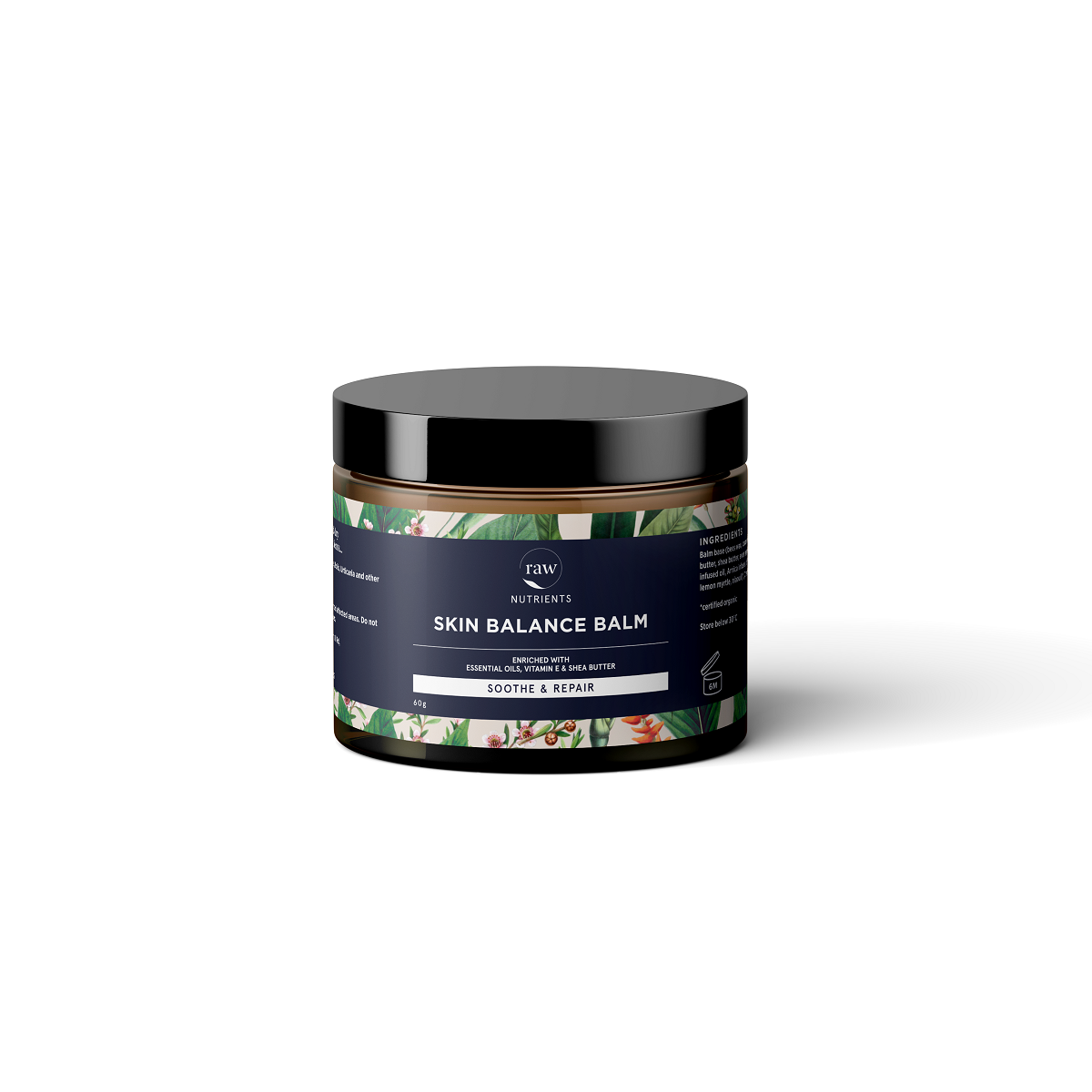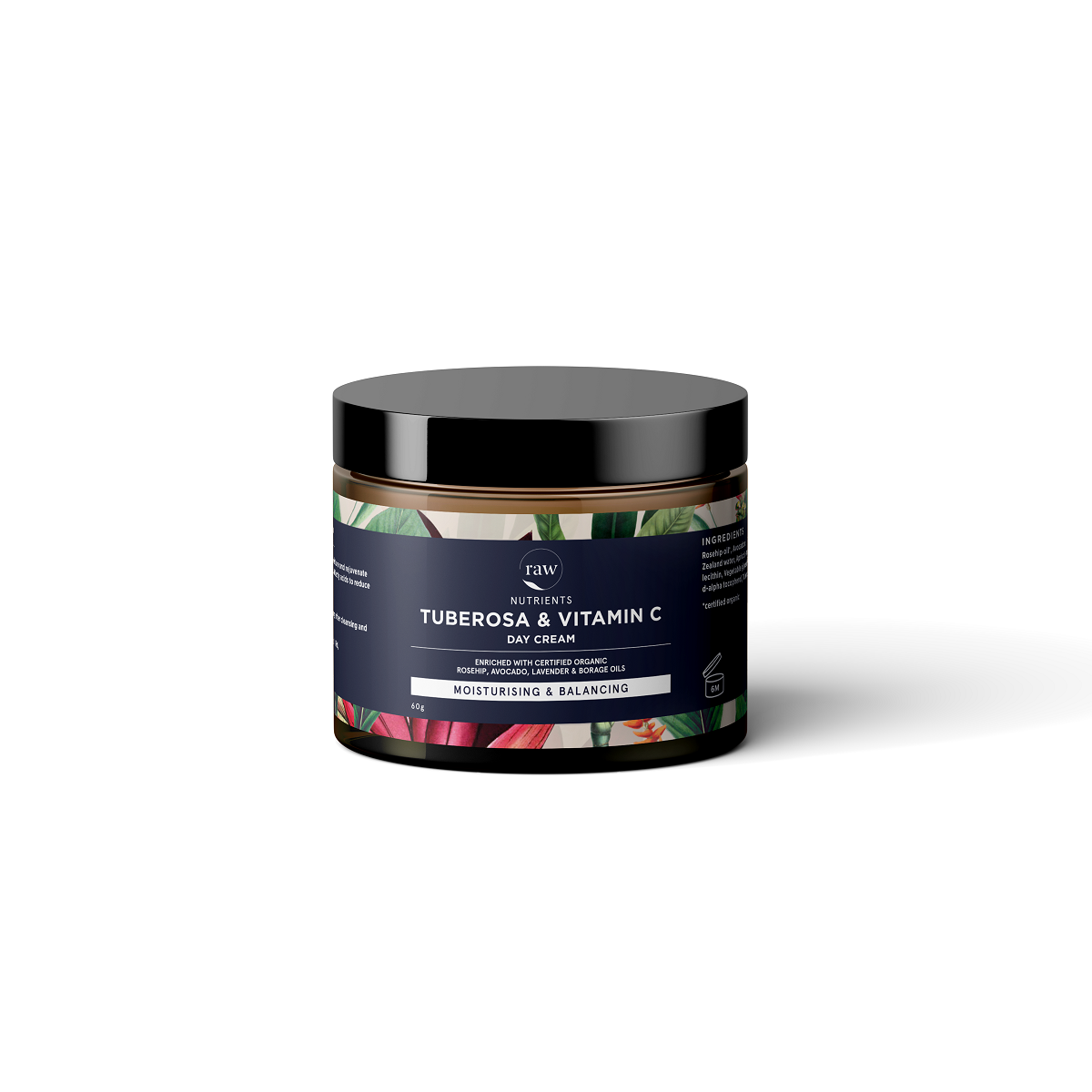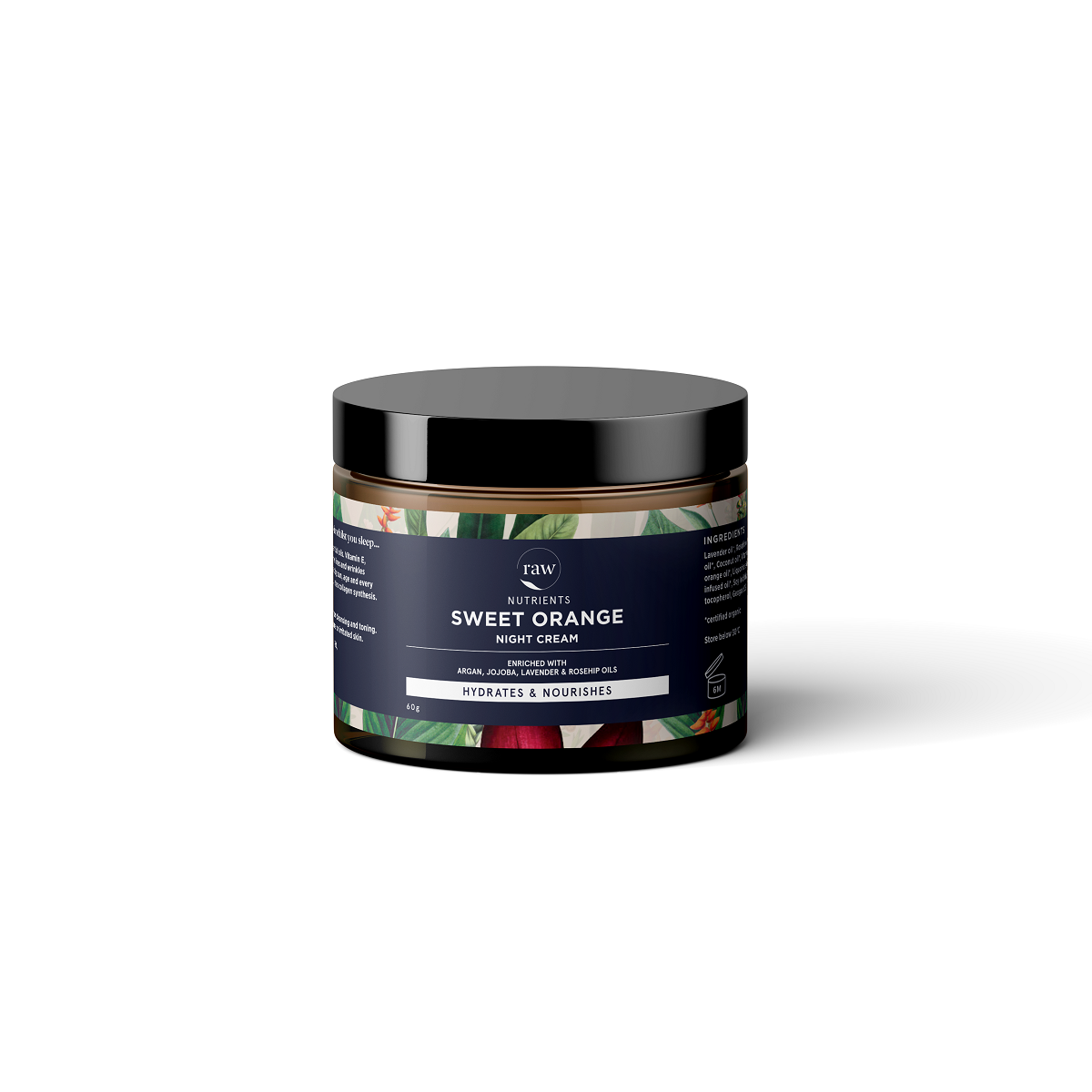-
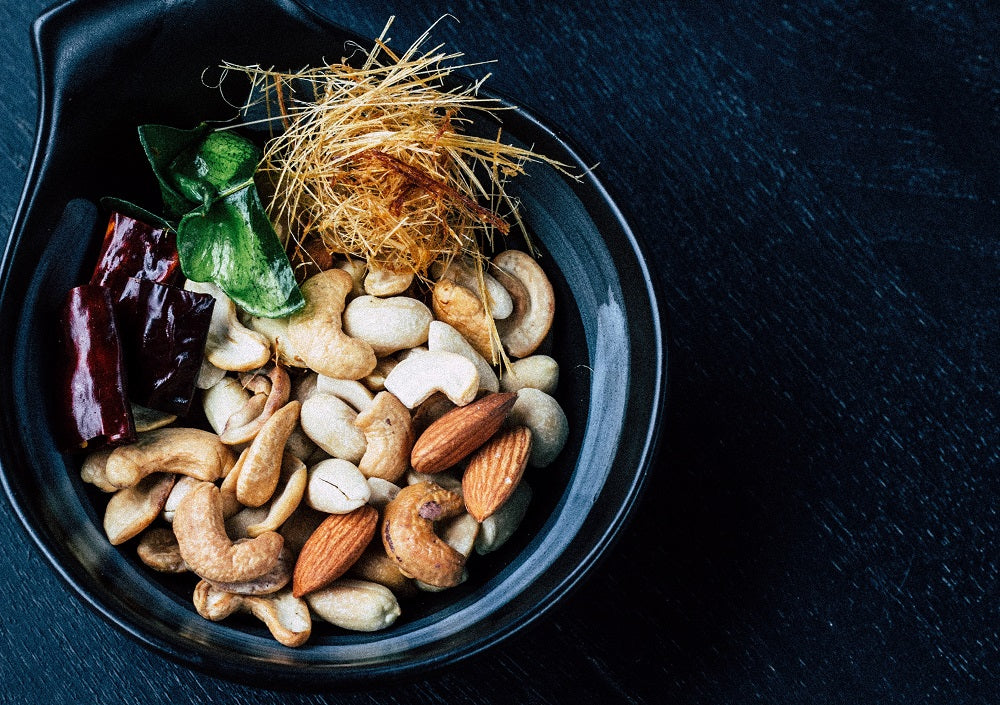
Think about zinc!
Zinc plays many important roles in your body. This essential dietary mineral is involved in metabolism processes, hel...
-

Magnesium; Are We Consuming Enough?
There is widespread magnesium deficiency, and given the importance of magnesium in the body, it is but essential to r...
-
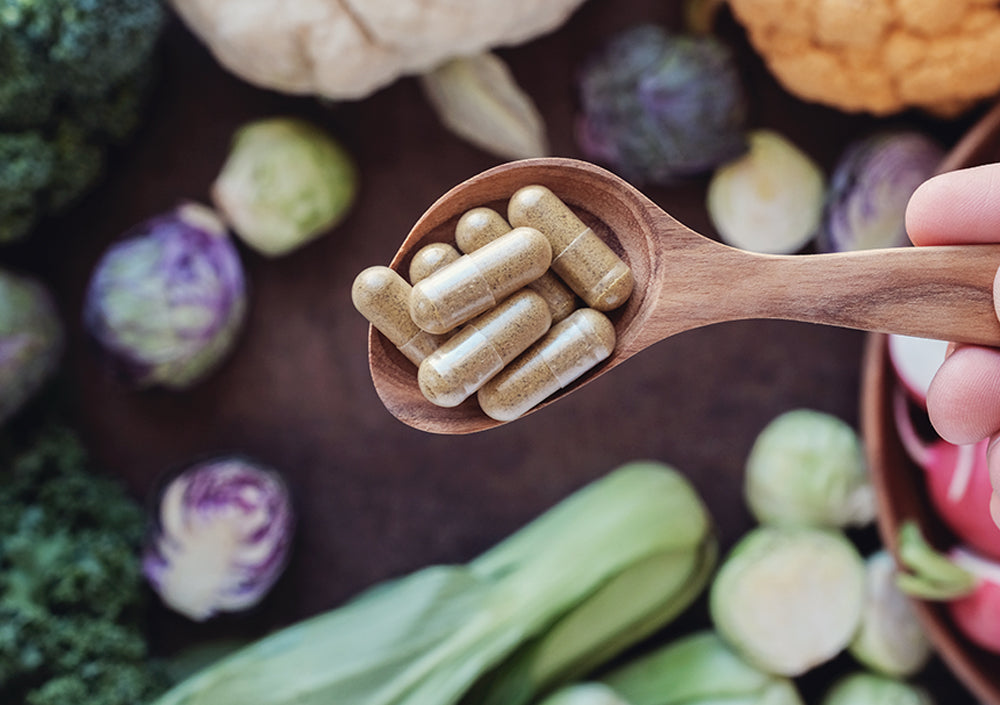
Probiotics; When & how do they work best?
Your gastrointestinal system comprises different microorganisms. The gut bacteria play a vital role in the health and...
-
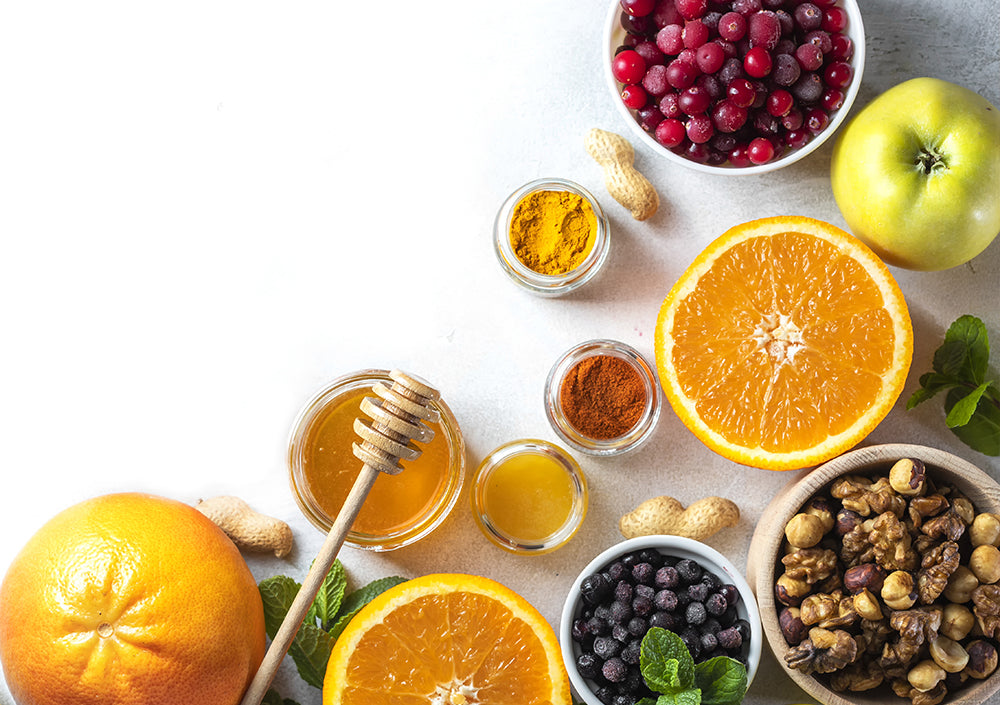
Vitamin C; How does it benefit wellness?
Vitamin C has gained popularity as an antioxidant. However, research claims that it can act as both an antioxidant an...
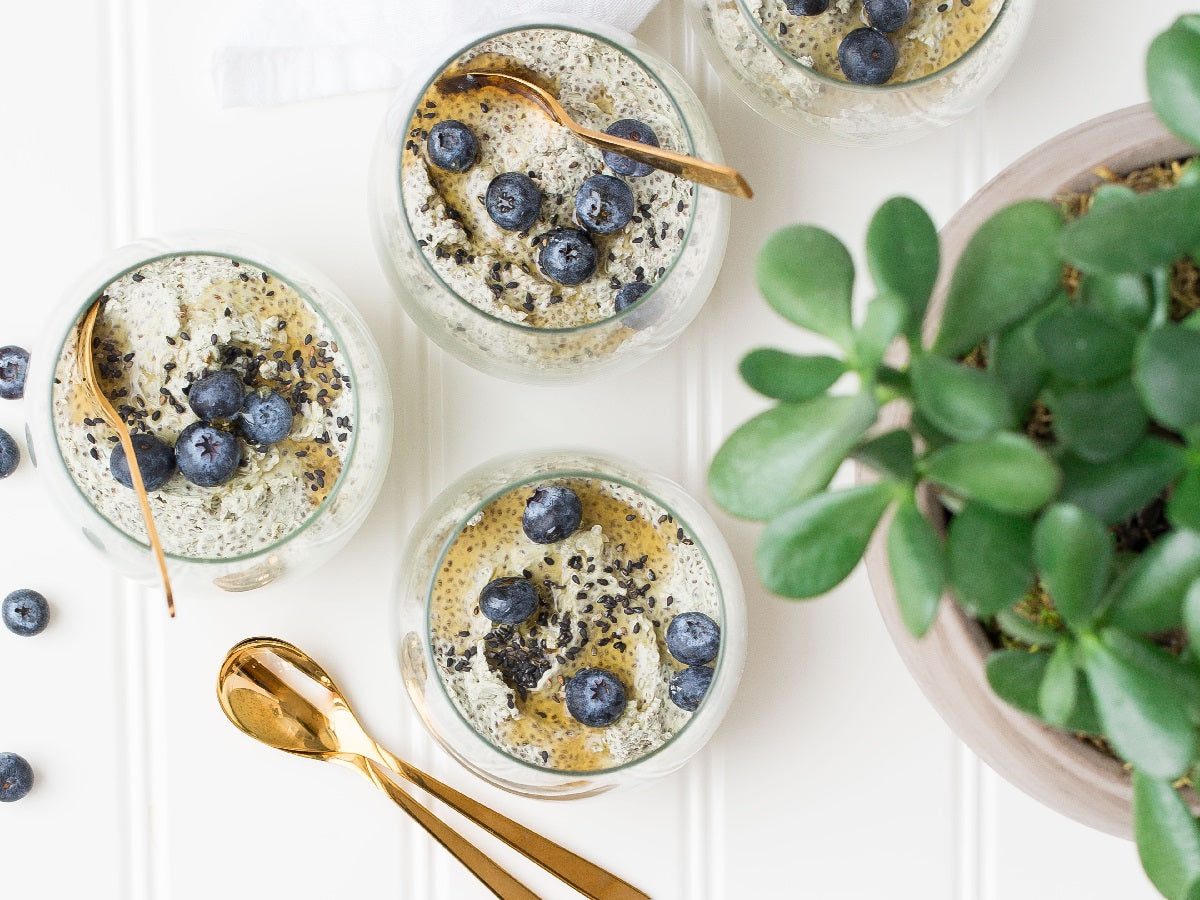
Are these foods triggering your migraines?
Did you know 28 million Americans suffer from migraines, with the incidence of migraine affecting more women than men?[1] Migraines are much worse than a common headache in that the sufferer experiences a throbbing debilitating pain, besides feeling sensitive to light and sound. In worst cases, the symptoms are accompanied by severe headache, vomiting, and nausea. However, research finds that the migraine trigger could be sitting in your fridge. Not only this, but there are also some foods are shown to have a positive effect in preventing migraine.[2]
Research points toward the fact that certain elements in food could be responsible for triggering migraine attacks in some people. It is believed that histamine, nitrites, sulfites, phenylethylamine, and tyramine could prompt the release of serotonin and norepinephrine. This could trigger several responses from the brain, which may cause migraine.
Therefore, when these food triggers or additives are eliminated from the diet, the symptoms of migraines may start to improve.
Foods Can Trigger Migraine
Food and health are directly related. Some foods, including chocolate, cheese, and dairy products, are believed to trigger migraine attacks. Additionally, research finds that a low-fat diet could reduce the frequency and intensity of migraine headache. Not only this, some additives are also known to trigger migraine attacks. Such additives include aspartame and triclorogalactosucrose. It is a good idea to keep a diary note of all food triggers to improve your condition and quality of life.[3] The idea is to eliminate all common triggers completely. Then pick foods that do not cause migraine attacks.
Follow this dietary pattern to see if your migraine headache disappears. If the headaches become less frequent or disappear, now you want to identify the food triggers.
A research study performed on both men and women showed that restricting the intake of migraine-triggering foods is an effective method to reduce migraine attacks. The study found that there was a significant reduction in the severity of the headache when subjects were put on a plant-based diet. The decrease in pain could be attributed to the elimination of dairy and meat, further resulting in beneficial hormonal changes and weight loss associated with a vegan diet.
Triggering factors may vary in patients experiencing migraine headaches frequently, with certain foods considered common triggers. Some of the foods that are considered to trigger migraine attacks include:
- Dairy products
- Eggs
- Onions
- Tomatoes
- Citrus fruits
- Alcoholic beverages
- Additives
- Corn
- Peanuts
- Bananas
- Cola drinks
Common triggers often cause headaches and nausea, with some beverages and additives being the worst triggers. Along with aspartame and monosodium glutamate, these common food triggers are known as the Dirty Dozen.
In a few studies, researchers found a decrease in migraine attacks when certain food triggers were eliminated from the diet of the subjects. These foods were categorized as having high IgG. However, when they re-introduced the food triggers as part of their normal diet, they reported a serious increase in migraine attacks.[4]
Plant-Based Diet for Migraine
Dietary changes involving shifting to a fiber-rich low-fat vegan diet are believed to reduce estrogen activity and thus lowering the intensity and frequency of migraine attacks.
The Physicians Committee for Responsible Medicine (PCRM) recommends plant-based diets as pain-safe foods to improve health. These foods are a safer alternative to pain-triggering foods.
According to the PCRM, the following foods are considered pain-safe:
- Brown rice
- Green vegetables, including orange and yellow
- Spring or tap water
- Natural sweeteners or flavors
- Dried or cooked fruits, especially cherries, cranberries, and other non-citrus fruits
Researchers suggest a high antioxidant and anti-inflammatory diet for migraine pain relief. This includes eliminating inflammation-causing foods, including meat and dairy.
The idea is to increase anti-inflammatory foods in your plant-based diet for migraine and focus on raw foods. Plant food for migraine has lower systemic inflammation because of the increase in anti-inflammatory molecule intake.
Since a raw plant-based diet eliminates processed foods, it is the most powerful way to eliminate migraine triggers.
Eating raw foods is the right way to enjoy a multitude of antioxidants, minerals, vitamins, phytochemicals, and digestive enzymes.
A study found significant changes in headache intensity and pain of patients suffering from migraine when put on a vegan diet. Besides, there was a great reduction in LDL, HDL, and body weight.[5]
A recent paper on migraine and weight loss showed significant improvement in symptoms of the group following a low-calorie diet. Therefore, the pain reducing effects of a plant diet are attributed to weight reduction. Since plant food effects changes in blood pressure and hormonal balance, it is believed to positively influence migraine symptoms.[6]
References
[1] Sun-Edelstein, & C., Mauskop. A, (2009). Foods and supplements in the management of migraine headaches. The Clinical Journal of Pain. doi: 10.1097/AJP.0b013e31819a6f65.
[2] Bunner, A.E.,et.al. (2014) Nutrition intervention for migraine: a randomized crossover trial. The Journal of Headache and Pain. doi: 10.1186/1129-2377-15-69.
[3] Kadriye, Alpa, et.al.(2010) Diet restriction in migraine, based on IgG against foods: A clinical double-blind, randomised, cross-over trial. International Headache Society. DOI: 10.1177/0333102410361404.
[4] Özön, A. Ö., Karadaş, Ö., & Özge, A. (2016). Efficacy of Diet Restriction on Migraines. Noro psikiyatri arsivi, 55(3), 233–237. doi:10.5152/npa.2016.15961.
[5] Bic, Z., et.al. (1999)The influence of a low-fat diet on incidence and severity of migraine headaches. Journal of Womens Health & Gender-Based Medicine. doi: 10.1089/jwh.1.1999.8.623.
[6] Barnard, N.D., Scialli, A.R., et.al. (2000). Diet and sex-hormone binding globulin, dysmenorrhea, and premenstrual symptoms. Obstetrics and Gynecology. doi: 10.1016/S0029-7844(99)00525-6.
You might be interested in...
Raw Resources
Read About the Science Behind the Supplements

